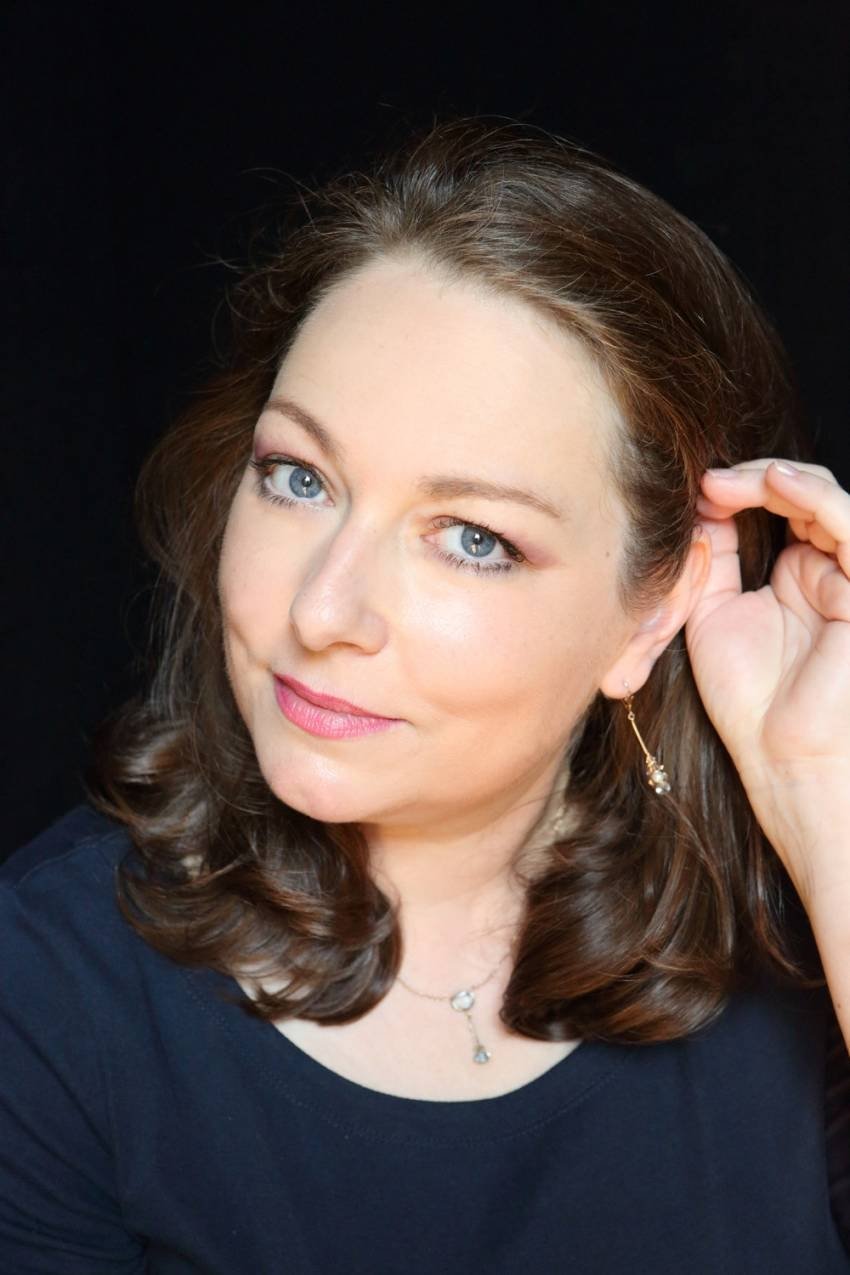
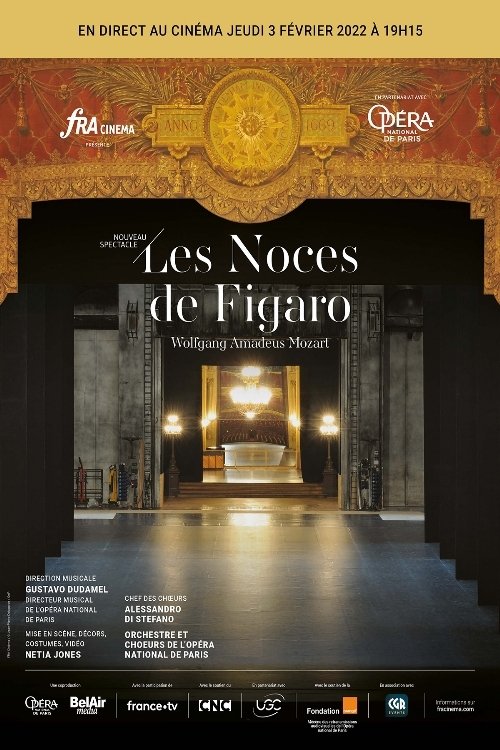
The Marriage of Figaro is one of the most emblematic operas in the repertoire. Brahms spoke of it as a “miracle” and the Countess' complaint still resonates today as one of the most heartbreaking musical pages. It was by resuming Beaumarchais' comedy, which caused a scandal in Parisian society, that Mozart and his librettist Da Ponte began their first collaboration. The play was banned by Joseph II in 1785 at the Vienna Theater. Is it because it exposed too much to the forefront the contradictions of an already faltering regime, ready to collapse with the French Revolution? Netia Jones preserves the very essence of Beaumarchais' play by questioning human relationships with humor but not without mischief, in a production which confuses reality and fiction to the point of asking, like the Count: "Are we playing a comedy?" »
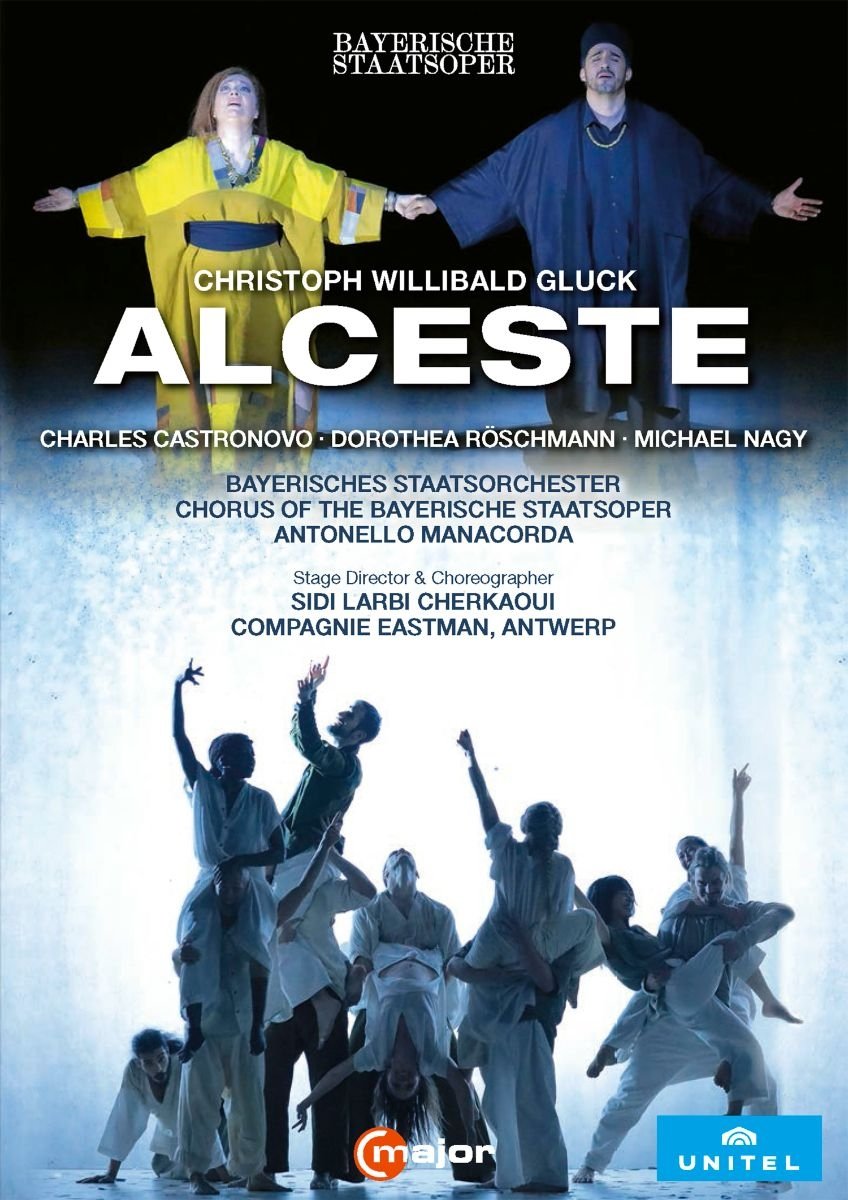
The Belgian dancer and choreographer Sidi Larbi Cherkaoui interprets Glucks late Baroque opera Alceste as an impressive symbiosis between dance and music. The opera can be experienced here in all its existential power. (SZ) It is here performed in the revised Paris version from 1776 where Gluck has revalued especially the ballet music. Cherkaoui director of the Royal Ballet of Flanders has worked with top artists across disciplines like superstar Beyoncé. The superb dancers of the Belgian Compagnie Eastman, Antwerp perform Glucks score physically, creating a fine and stringent aesthetics of beautiful images (Opernwelt). Dorothea Röschmann with her inimitable charisma (Financial Times) and Charles Castronovo deliver a brilliant performance in the roles of the self-sacrificing royal couple. Musically impressive.
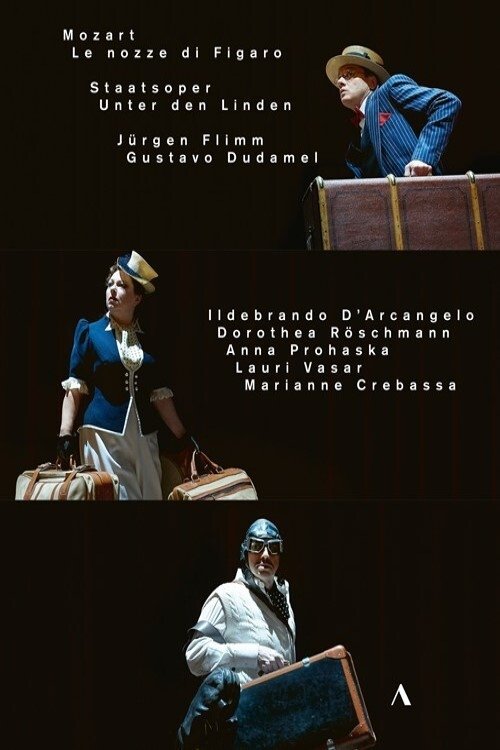
“Nothing is harder to put on stage than lightness. And humor is the sharpest weapon of the desperate. That is why it is an obligation, indeed a must, to enjoy this Figaro by Jürgen Flimm at the Staatsoper to the fullest.“ (ARD Radio) This production of “Le nozze di Figaro” is directed by the former artistic director of the Staatsoper Berlin, Jürgen Flimm, who characterizes it as follows: “Figaro is by far the best work ever devised for the stage; it combines everything that moves the human heart and mind – forlorn hope, pleasantry, satire, profound significance, also much ado about nothing and vain amours.”
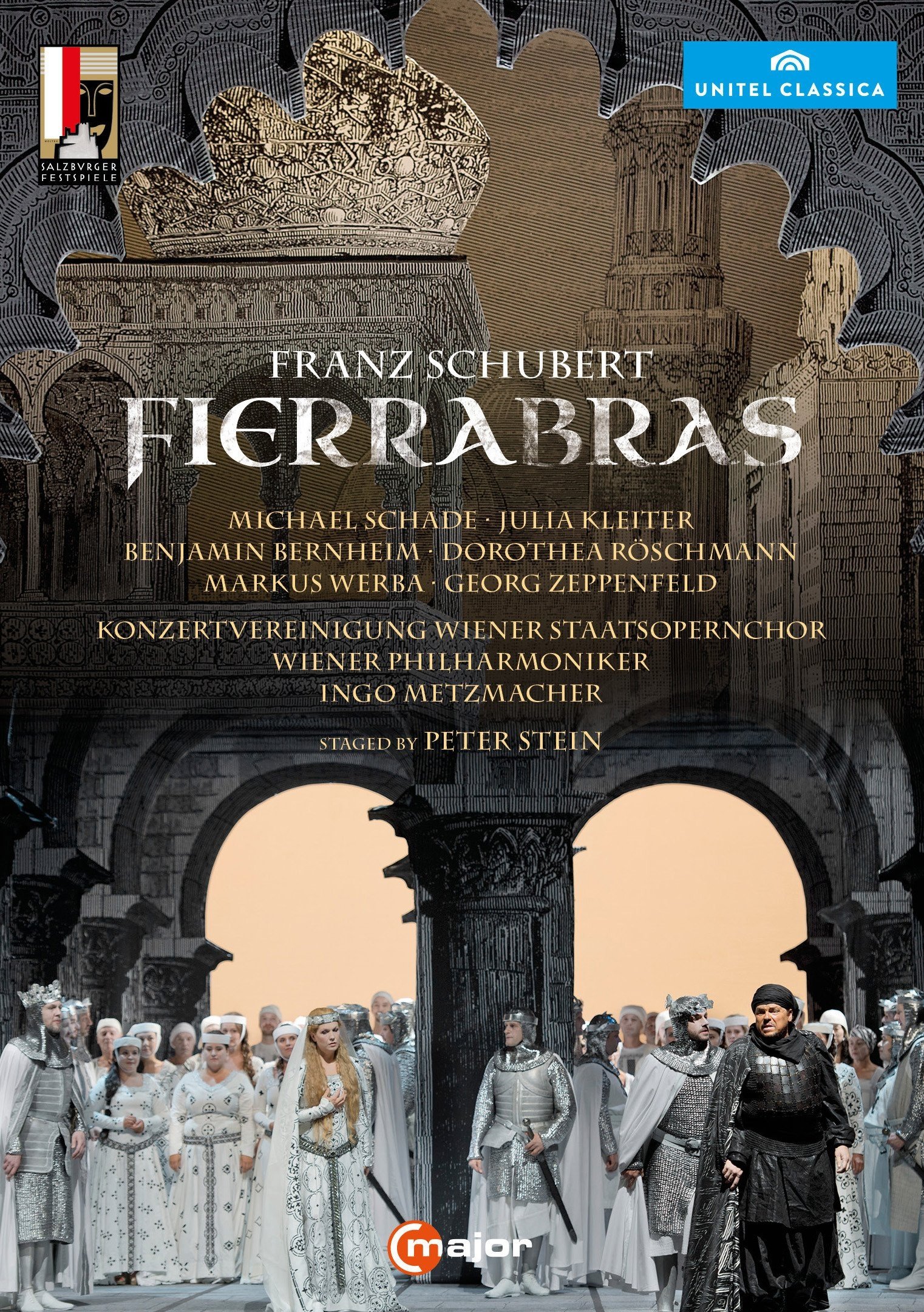
Fierrabras of 1823 is the last of Franz Schubert’s stage works. Rarely performed to this day, this heroic-romantic opera has now been staged for the first time ever at the Salzburg Festival by famous director Peter Stein. Based on an old French 12th-century epic, the plot depicts the military conflict between Christians and Moors at the time of Charlemagne – as a backdrop to stories of love and friendship that prove to be stronger than war and hatred of otherness. The strong cast includes the “marvellously expressive miracle Dorothea Röschmann” (Die Zeit) and “Michael Schade, who exudes his exceptional tenor in Fierrabras’s heroic arias” (Der neue Merker). Under the energetic baton of lngo Metzmacher, the Vienna Philharmonic unfold “the melos, the poetry, the sweetness and the dramatic force of Schubert’s highly refined and atmospheric sound worlds” (Kleine Zeitung) in highly romantic fashion.
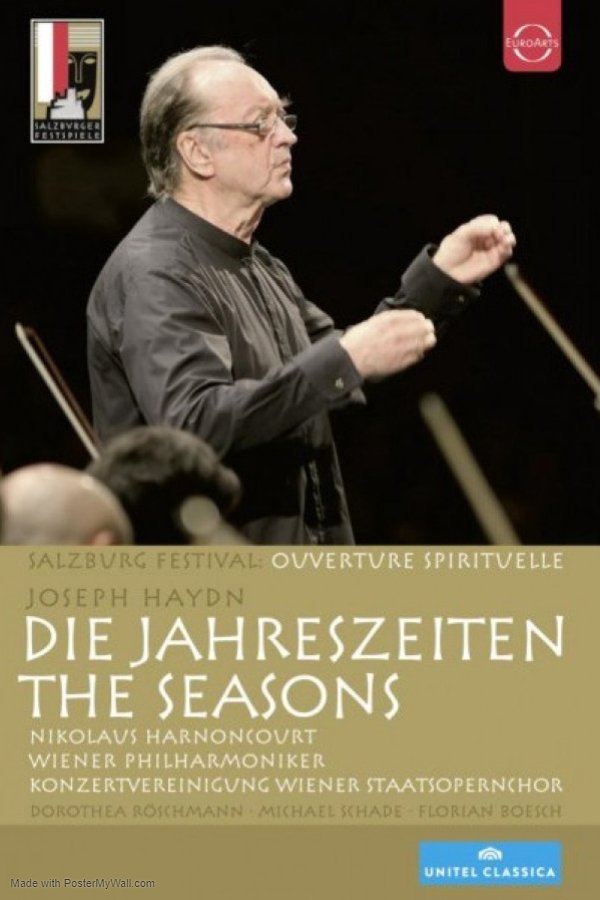
When Joseph Haydn completed his fourth and final oratorio at the beginning of 1801 the 69-year-old composer was famous throughout Europe. Born in 1732 as the son of a humble wheelwright, Haydn grew up in a rural, peasant environment. That such a child should make his way eventually to the position of court composer was an extremely rare occurrence. Even in his days at royal courts, however, Haydn still felt a close and intimate attachment to Nature and to life in the countryside. When Baron Gottfried van Swieten, then, presented to Hadyn a libretto on the theme of The Seasons, he found in the old composer a worthy partner in his own veneration for Nature.
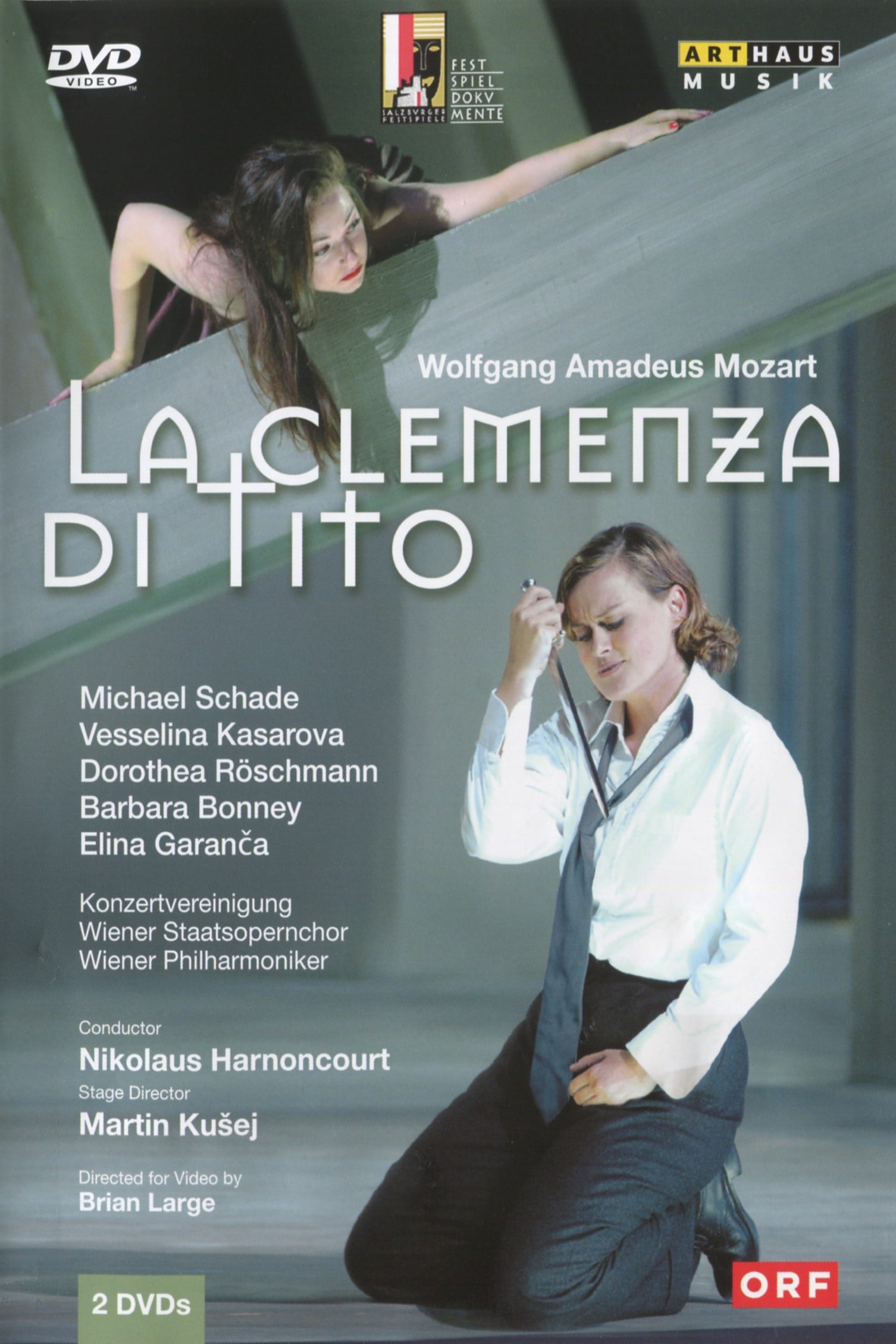
Arthaus presents a truly new way of looking at La clemenza di Tito with this famous and star-studded production from the Salzburg Festival 2003. Here Nikolaus Harnoncourt, renowned for his analytical approach to the search for the core of the music, interprets Mozart’s last opera. Martin Kušej, who is acclaimed for his theatre productions directs the production. Nikolaus Harnoncourt identifies with Mozart’s score as both an extremely knowledgeable musician and a conductor who invariably plays an active part in helping to shape the drama. Together with the Vienna Philharmonic, he savours the miracles of Mozart’s late work, bringing out its instrumental colours and effects and at the same time stimulating his singers while proving a solicitous accompanist.
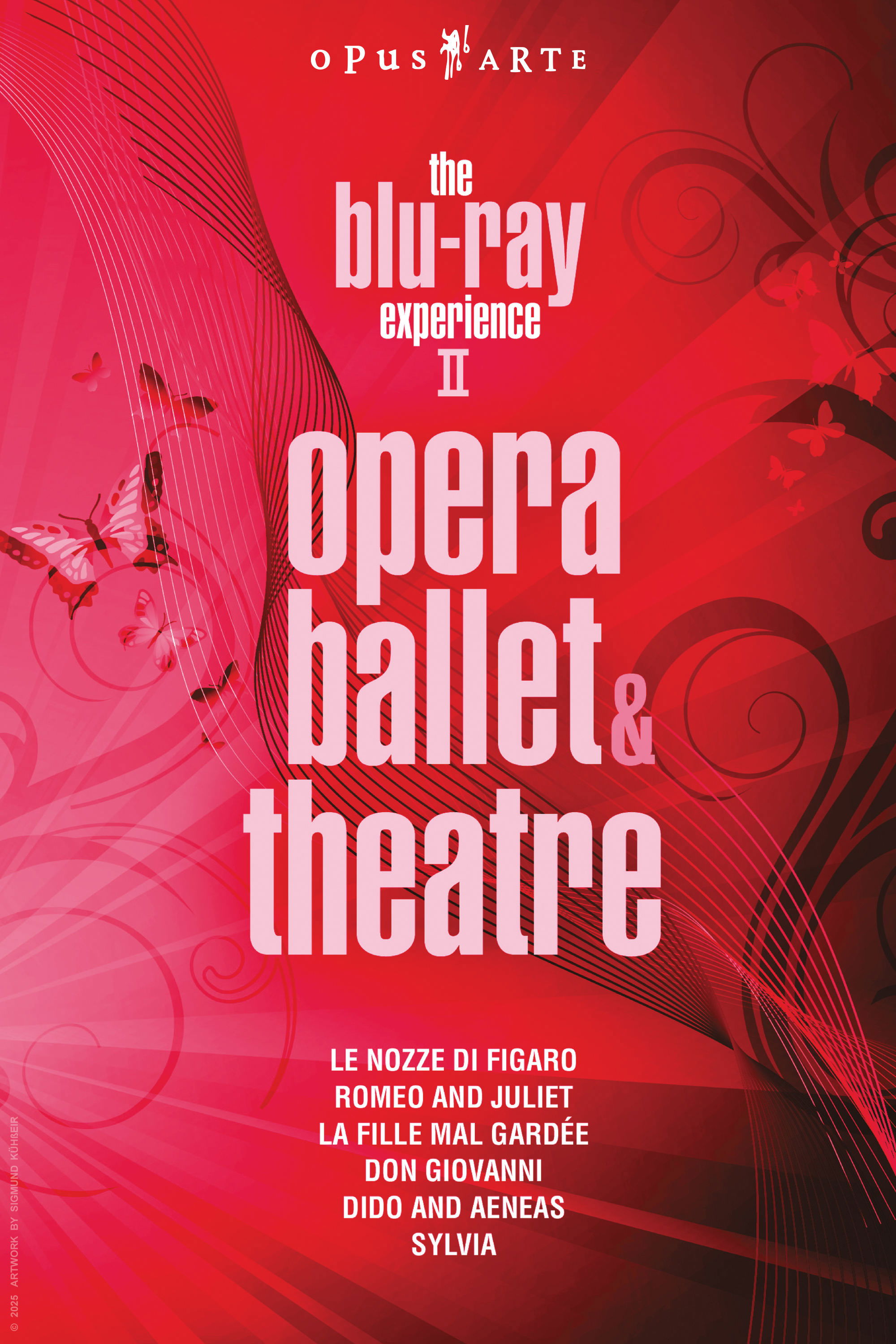
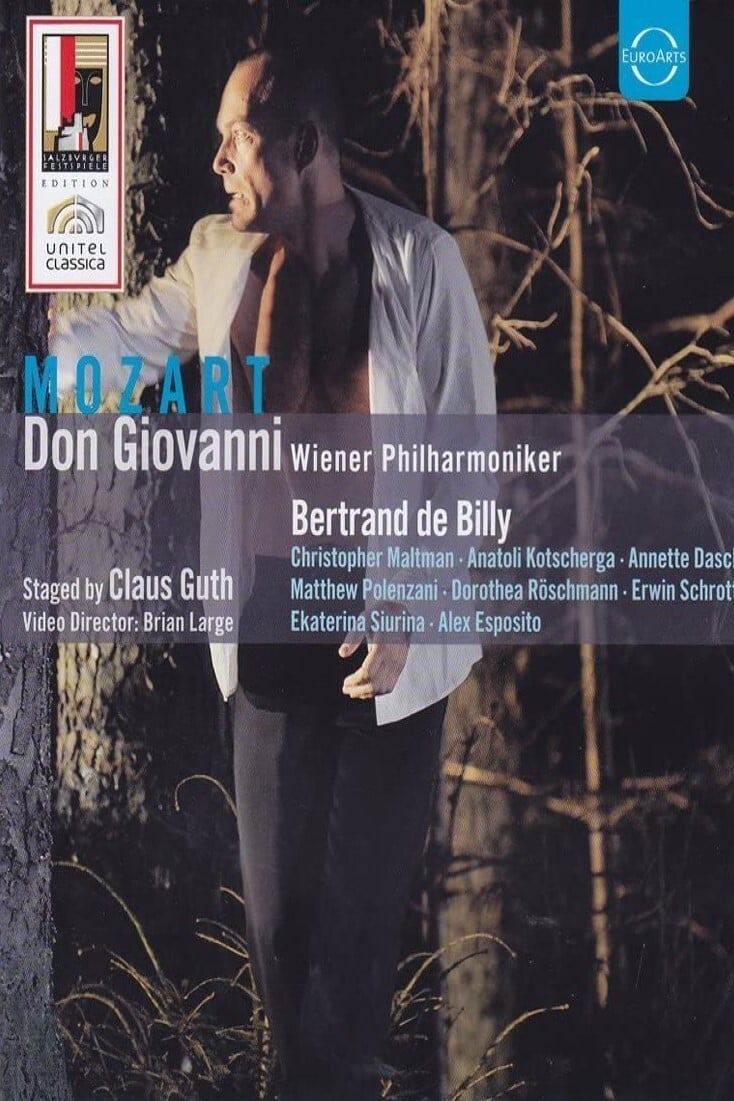
A striking interpretation of Mozart's opera that became a sensation at the 2008 Salzburg Festival. This is not only a rethinking of the place and time of the opera, but also a deep disclosure of the characters' characters, their ambiguous inner world. A simple, at first glance, plot is turned by the creators of the play into a dynamic psychological thriller.
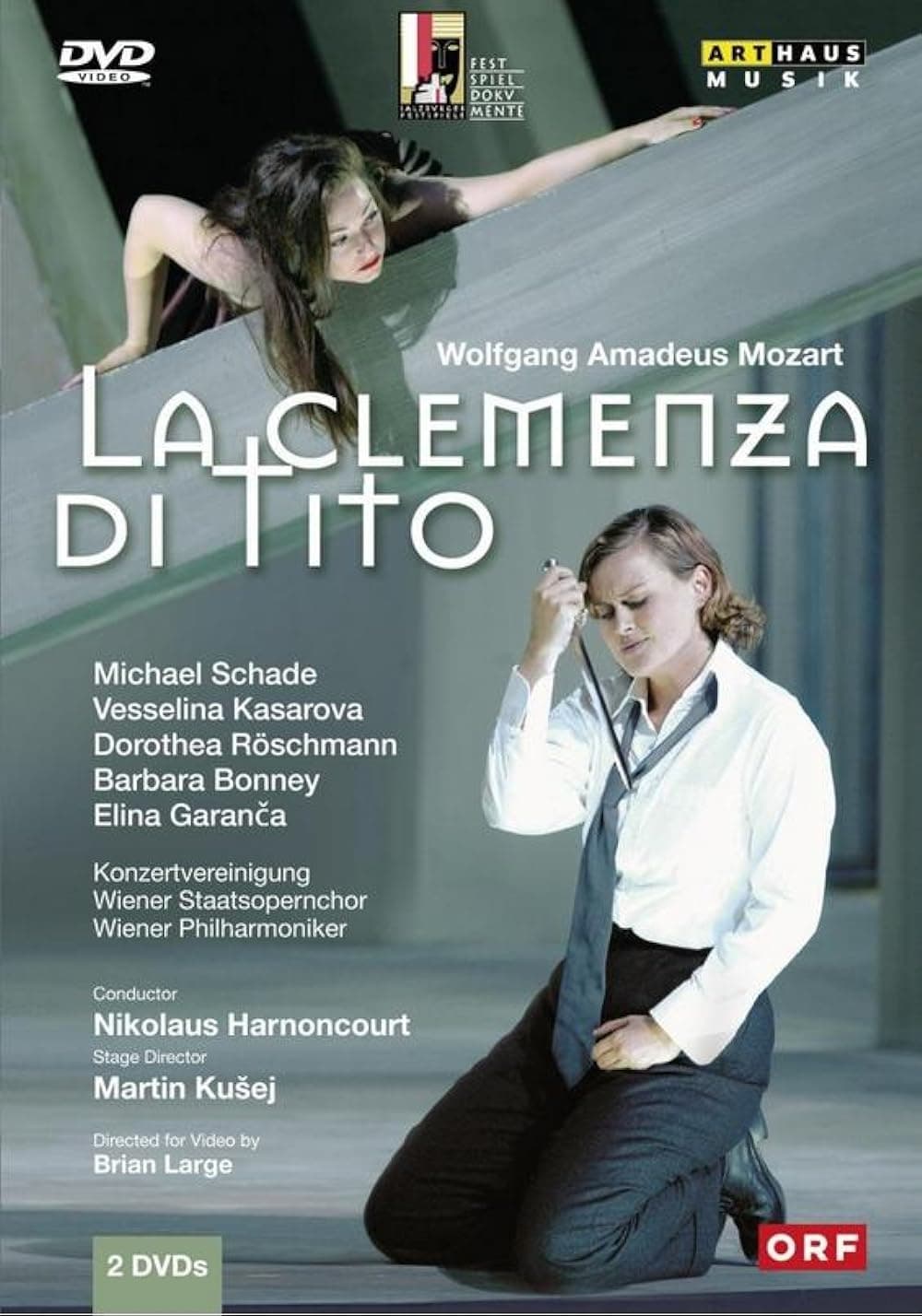
The 1791 La Clemenza di Tito (or 'The Clemency of Titus') marked Wolfgang Amadeus Mozart's final opera seria. With a libretto by Metastasio (edited slightly by Caterino Mazzolà), the work dramatizes the palace intrigues surrounding emperor Titus's attempts to coronate a new bride and the envious Vitellia's attempts to have Titus assassinated (with the help of Titus's friend Sextus) following the deposition of Vitellia's emperor father. Stage director Martin Kušej mounted Tito in August 2003, at the Felsenreitschule in Salzburg; a film of that live performance now appears in this home video release. The cast includes Michael Schade as Titus, Vesselina Kasarova as Sextus and Dorothea Roschmann as Vitellia. The Wiener Staatsopernchor, under the baton of Nikolaus Harnoncourt, provides musical accompaniment; Jens Kilian designed the sets.
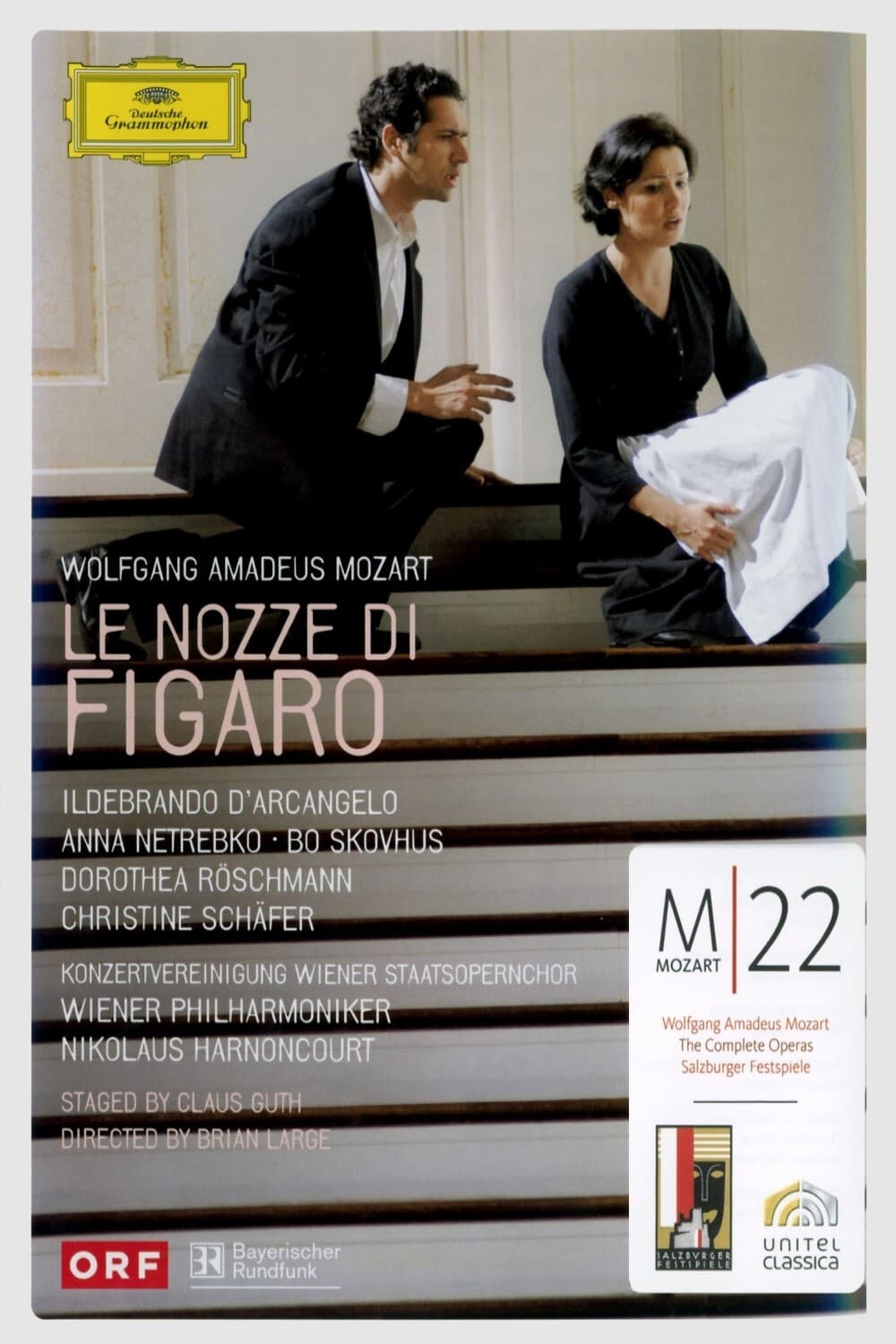
This release contains the celebrated 2006 production of Mozart's Nozze di Figaro that was directed for the stage by Claus Guth at that year's Salzburg Festival. Ildebrando D'Arcangelo takes the title role, and gets support from Anna Netrebko as Sussanna, Bo Skovhus as Il Conte Di Almaviva, and Dorothea Roschmann as La Contessa. Nikolaus Harnoncourt conducts the orchestra.
By browsing this website, you accept our cookies policy.